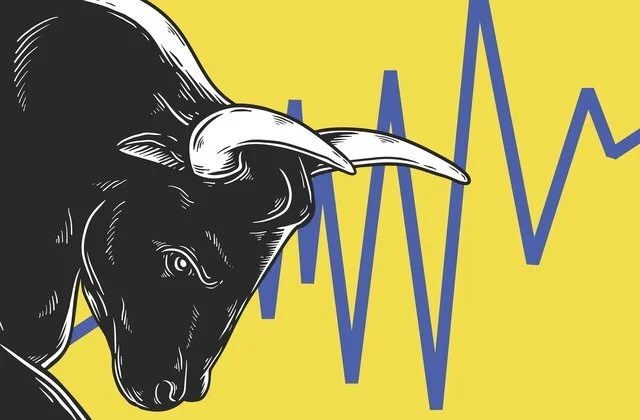The first week of November will be presented by the letter “V”… V is for VOTE, VIRUS and VOLATILITY, the themes that will dominate financial markets in the days, and potentially weeks, ahead.
Read MoreThe upcoming election has drawn a clear distinction between how the two candidates view the economy, the functional role of government, as well as the old school, meat and potatoes issues of taxes, trade and regulation.
Read MoreAs news emerged early Friday morning that the President and the First Lady tested positive for coronavirus, some investors may have wondered if this was the “October Surprise” they feared.
Read MoreJust two days before the U.S. was set to impose another round of tariffs on China, the world’s two largest economies agreed upon a partial deal.
Read MoreRemember way back in August, when economists and investors were gnashing their teeth about a looming recession? For the last three months, economic data have mostly improved, underscored by the just-released boffo November jobs report.
Read MoreLate last week, we learned that the U.S. budget deficit widened to $984.4 billion in the fiscal year ending September 30, its highest level in seven years. The Trump administration and the Congressional Budget Office expect the deficit to rise over $1 trillion in the 2020 budget year, which began October 1 and the CBO estimates that the deficit will stay above $1 trillion over the next decade.
Read MoreGiven the fighting in Syria, anti-government protests in Hong Kong, the down to the wire vote on Brexit, the expanding U.S. impeachment inquiry, not to mention ongoing trade conflicts between the U.S. and China, the U.S. and the European Union and South Korea and Japan, it’s easy to understand why people are worried about the current state of the globe.
Read More






